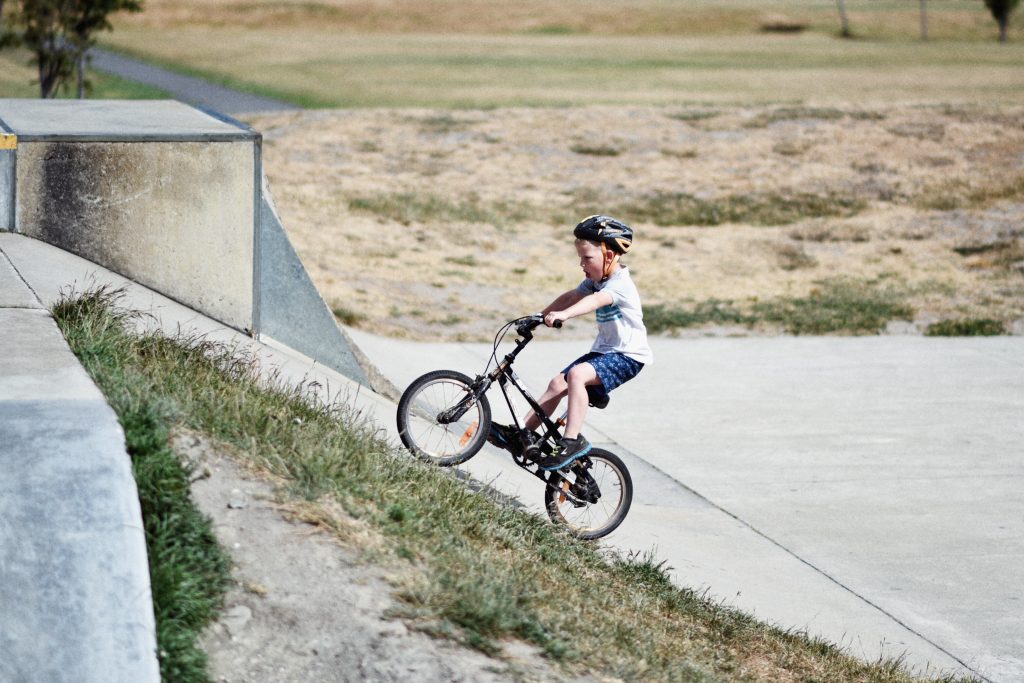In March, the World Health Organization (WHO) released a 67-page document with guidelines to improve the development and well-being of children aged 0-to-3. Its conclusion: In order to support kids, we must support their caregivers, because their love and care is what children really need to thrive.
If this seems obvious, it’s because it is is. But it represents a revolution in how governments and organizations think about supporting the most vulnerable creatures on the planet: infants and toddlers. It marks a dramatic shift from focusing on what young children need in order to survive—calories and medicine—to the science which proves that, as much as food, they need consistent, warm, loving care. That means talking to them, even if we think they can’t understand; playing with them, even when we don’t see the point; and being gentle and present, as much as possible, and even in difficult circumstances, when it feels like they don’t notice.

